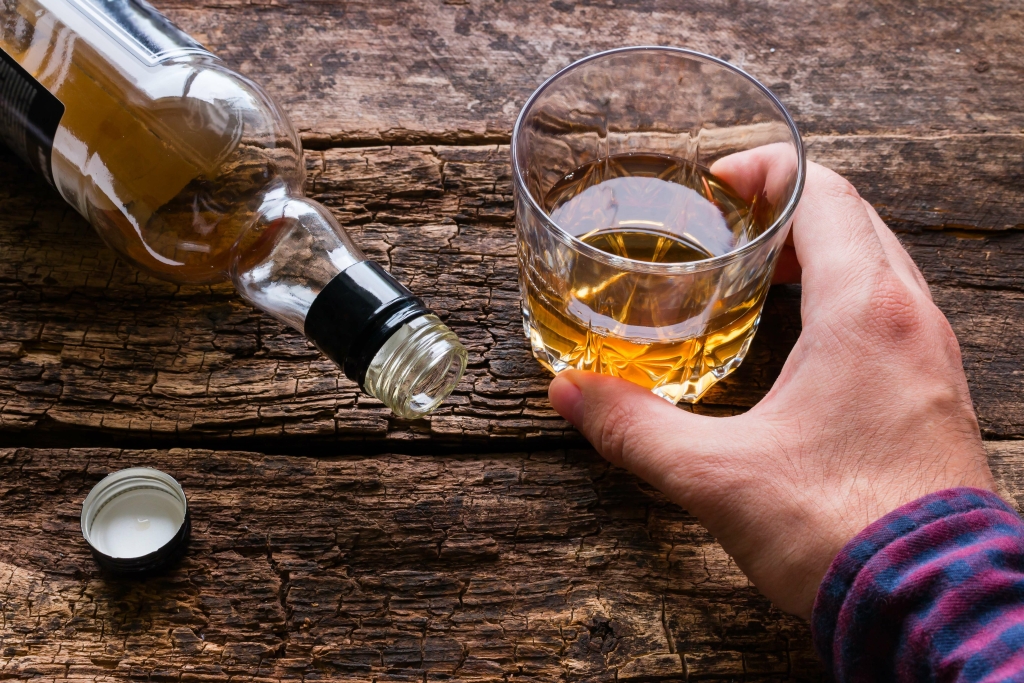Up to 40% of the general population experiences insomnia, while as many as 72% of people with an alcohol use disorder may have the condition. Studies have shown that short-term alcohol use can shorten the time it takes to fall asleep. This article reviews the relationship between alcohol and insomnia, including how alcohol can affect sleep quality alongside the risks of poor sleep quality. It also considers ways to manage insomnia and prevent sleep disruption and answers some frequently asked questions. Insomnia is a sleep disorder that can affect people of all ages.
Preventing Alcohol Withdrawal Insomnia
But research shows sleep fragmentation from alcohol use can last one to three years after you quit drinking. For casual drinkers, there are several steps you can take to stop alcohol from disrupting your sleep. CBT-I is a first-line treatment for insomnia, both in those with and without alcohol use disorder. Going sober isn’t always easy, though, and it may not be safe to quit alcohol cold turkey.
How to Get Sleep During Alcohol Withdrawal

Lack of REM sleep affects memory formation and leaves you feeling drowsy and exhausted the following morning. However, certain food groups also have benefits when it comes to helping with the discomfort of withdrawal symptoms and detoxification. Multiple relaxation methods can can’t sleep without alcohol be used to help you wind down and fall asleep. These include breathing exercises, visualization exercises and progressive muscle relaxation. Falling asleep and getting a full night’s rest are real problems that need to be managed effectively to maintain sobriety.
Let Sleep and Headache Solutions help you sleep better and reduce pain from headaches.
Studies indicate that sleep disturbances independently increase the risk for relapse to alcohol, suggesting that targeting these problems during recovery may support continued abstinence. However, there is limited information in the addiction literature https://ecosoberhouse.com/ about available and effective treatments for sleep disturbances in recovering alcoholic patients. Heavy alcohol use can contribute to the development of insomnia, a sleep disorder characterized by difficulty falling asleep and staying asleep.
Cognitive Behavioral Therapy for Insomnia (CBT-I)
Each stage is necessary for sleep to feel refreshing and for vital processes like learning and memory consolidation to occur. How much alcohol you drink and when you drink it can both influence sleep. Things are a little more complicated for those with an alcohol abuse problem.
Nectar pillow review: A whole night’s sleep adjustable pillow
Stimulants such as caffeine should be avoided, especially at night. Using electronics like TV or smartphones before bed should also be avoided. When a person has sleep apnea, they have interrupted breathing during the night.

However, it is also important to note that many people experiencing insomnia during withdrawal and recovery also had insomnia before they became dependent on alcohol. Firstly, watch out for the poor sleep hygiene habits that may come with drinking — like late-night meals or bright light exposure. You might also smoke cigarettes or cannabis when drinking, which can also contribute to sleep problems. Everyone reacts differently to alcohol, though, so you may want to cut yourself off sooner. Research shows alcohol consumption can affect sleep even if you stop drinking six hours before bed.

- Moreover, individuals with alcohol use disorder (AUD) are particularly vulnerable to sleep disturbances.
- There are a lot of mattresses that retain heat, especially beds made with standard memory foam.
- Studies have shown the body is more effective at processing alcohol at certain times of the day than others.
- A doctor can talk you through a treatment program to help, such as therapy, medication, or support groups.
- You can stop alcohol from disrupting your sleep by avoiding it at least three to four hours before bed and cutting down on how much you drink.
The PMC article ‘Alcohol and the Sleeping Brain’ discusses how these changes may be related to the adaptation of neurotransmitter systems involved in sleep regulation, such as GABA and glutamate receptors. Therefore, understanding the effects of alcohol on sleep is crucial for addressing sleep disturbances and promoting healthy sleep patterns, particularly for those with a history of alcohol use. Heavy drinking can make the sleep- and circadian rhythm-disrupting effects of alcohol worse. But even a regular, moderate routine of two to three drinks a day is enough to create sleep and performance problems for many people. During the second half of the night, sleep becomes more actively disrupted.
Even though alcohol may hasten the onset of sleep, it significantly impairs the quality by altering the normal progression through sleep stages. Initially, alcohol can increase non-rapid eye movement (NREM) sleep, including deep sleep (slow-wave sleep). Still, as the night progresses, its sedative effect wears off, leading to increased sleep disruptions and decreased sleep efficiency. This results in more awakenings and a reduction in the restorative REM (rapid eye movement) sleep phase. Research published in Nature highlights that excessive alcohol consumption is linked to poor sleep outcomes.
While a drink now and then may have a sedative effect that causes you to drift off faster, research shows that it can impede sleep quality in the long run. We believe everyone deserves access to accurate, unbiased information about mental health and addiction. That’s why we have a comprehensive set of treatment providers and don’t charge for inclusion. We do not and have never accepted fees for referring someone to a particular center. Providers who advertise with us must be verified by our Research Team and we clearly mark their status as advertisers.
With a focus on sleep hygiene, relaxation techniques, and comprehensive addiction treatment, rehab provides professional support for a successful recovery journey. For many professionals, stress and pressure is a common part of the working environment. The mix of poor sleep patterns and alcohol dependency can often blur the line between work and personal life, amplifying the stress. However, quitting alcohol can yield incredible improvements in terms of sleep quality. Insomnia after drinking alcohol may occur as the user begins to come down, even after smaller doses of the substance.
